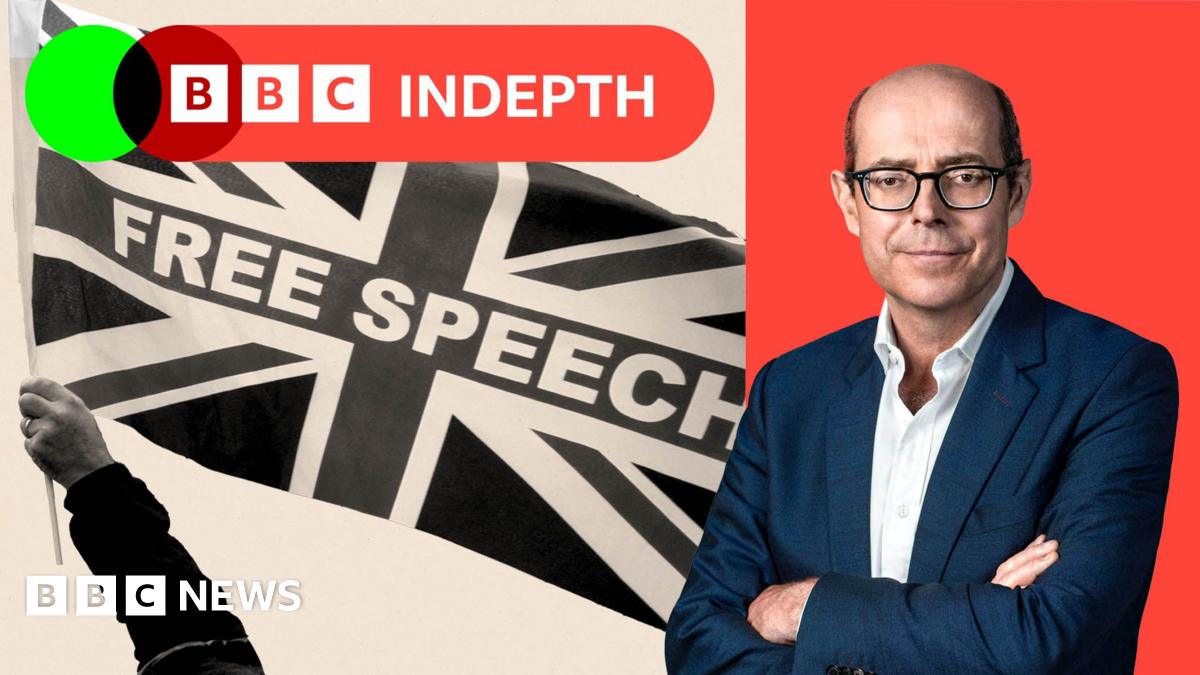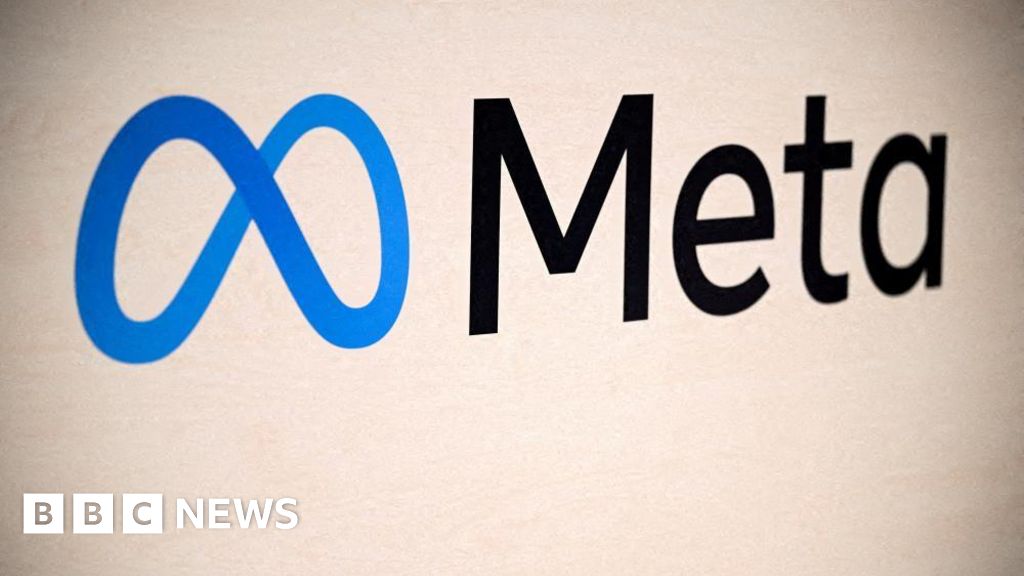Nigel Farage's "North Korea" Remark Sparks Debate on UK Free Speech
A recent statement by Nigel Farage, comparing the UK's limitations on freedom of speech to those of North Korea, has ignited a heated debate. Speaking before a US congressional committee, Farage condemned what he termed an "awful authoritarian situation" in the UK, citing arrests such as that of Graham Linehan, co-creator of Father Ted.
Rising Tensions Over Free Speech in the UK
Farage's comments are indicative of growing tensions surrounding the boundaries of free speech in the UK. The debate, simmering since the advent of social media, has now reached a "boiling point," according to Nick Robinson of the BBC. This is exacerbated by high-profile cases and interventions from US figures.
US Vice-President JD Vance expressed concerns about the UK potentially going down a "very dark path" regarding free speech. Steve Forbes, editor-in-chief of Forbes magazine, criticized the UK's "plunge into the kind of speech censorship usually associated with tin pot Third World dictatorships." He contrasted this with the United States' First Amendment protection of free speech.
Social Media's Amplifying Role and the Case of Lucy Connolly
The case of Lucy Connolly, jailed for inciting racial hatred after posting an "abhorrent message" on X, highlights the impact of social media on the free speech debate. Connolly's message, calling for people to "set fire" to hotels housing asylum seekers, was widely viewed. Her subsequent treatment as a "political prisoner" by some at the Reform party conference underscores the polarization of opinions. Big tech's role, with Elon Musk's changes to content moderation on X and Mark Zuckerberg's adjustments to Meta's policies, further complicates the landscape.
Policing Speech: A Difficult Dilemma
The arrest of Graham Linehan also raised questions about the policing of free speech. Commissioner of the Metropolitan Police Sir Mark Rowley has expressed concerns that enforcement isn't the sole answer to online content. These cases highlight the lack of consensus on what can and should be policed online, and the difficulty in distinguishing between offensive and genuinely threatening content.
Legal Framework and the "Qualified Right" to Free Speech
The UK's Human Rights Act provides protection for free speech, but it's a "qualified right," meaning governments can restrict it if the response is "proportionate" and "necessary in a democratic society," according to Lorna Woods of the University of Essex. However, the limits of this right remain contested, as evidenced by the "free speech rally" addressed by Tommy Robinson and Elon Musk.
Divergent Views and the "Me Speech" Phenomenon
While some see free speech as under threat, others argue that prioritizing safety from threats and abuse online is more important. A YouGov survey revealed that 61% of Britons prioritized safety over absolute free speech. The debate also involves generational differences, with some younger people viewing free speech as a cause of division and anger. Tim Snyder, a US historian, distinguishes between "free speech" and "me speech," where influential individuals seek a monopoly on expression while silencing dissent.
Listening and Balanced Information
Nick Robinson, drawing on his family's experience fleeing persecution, emphasizes that free speech is about listening as much as talking. He argues that access to balanced information, free from control by governments or powerful media owners, is crucial. Ultimately, the debate over free speech in the UK reflects deeper divisions within society and the challenge of balancing individual expression with the need for safety and social cohesion.
 Visit the website
Visit the website




